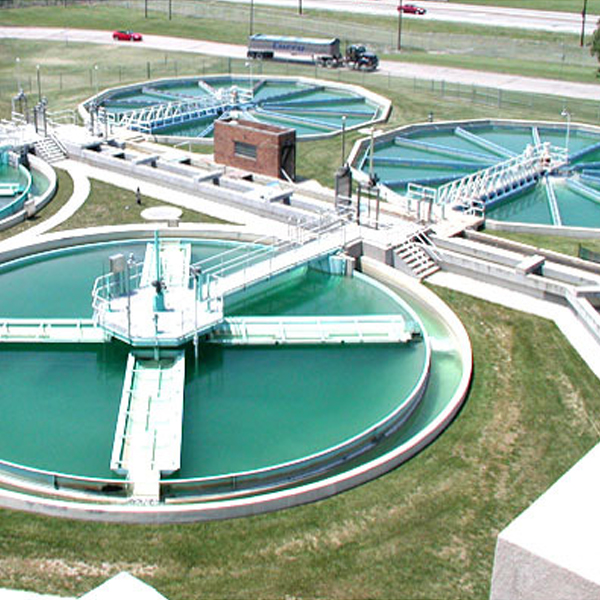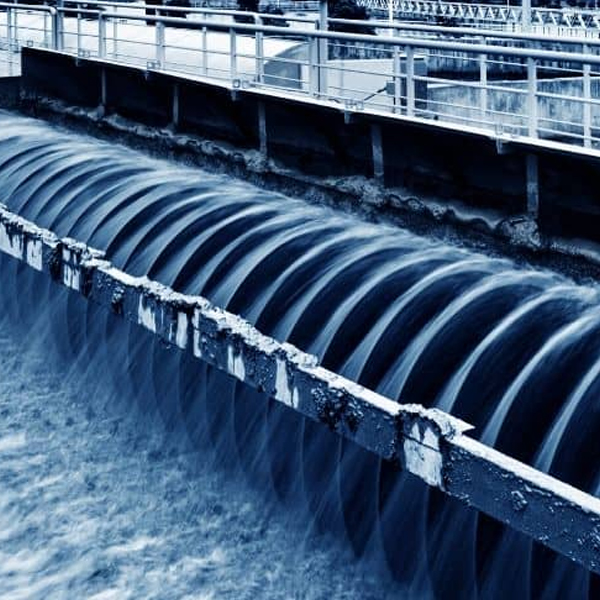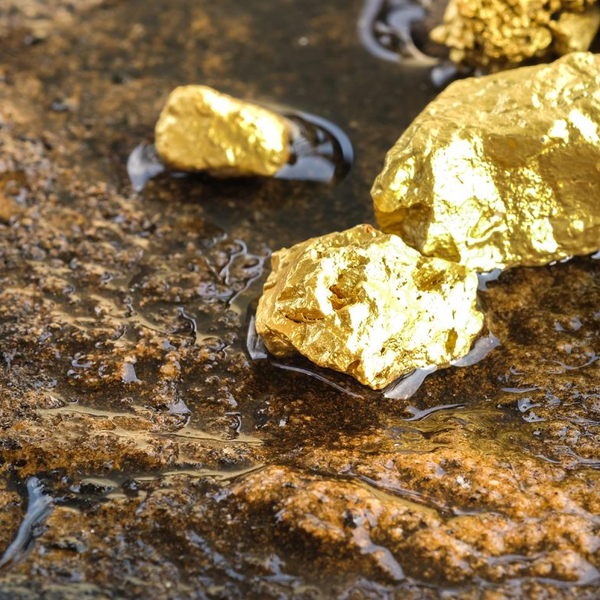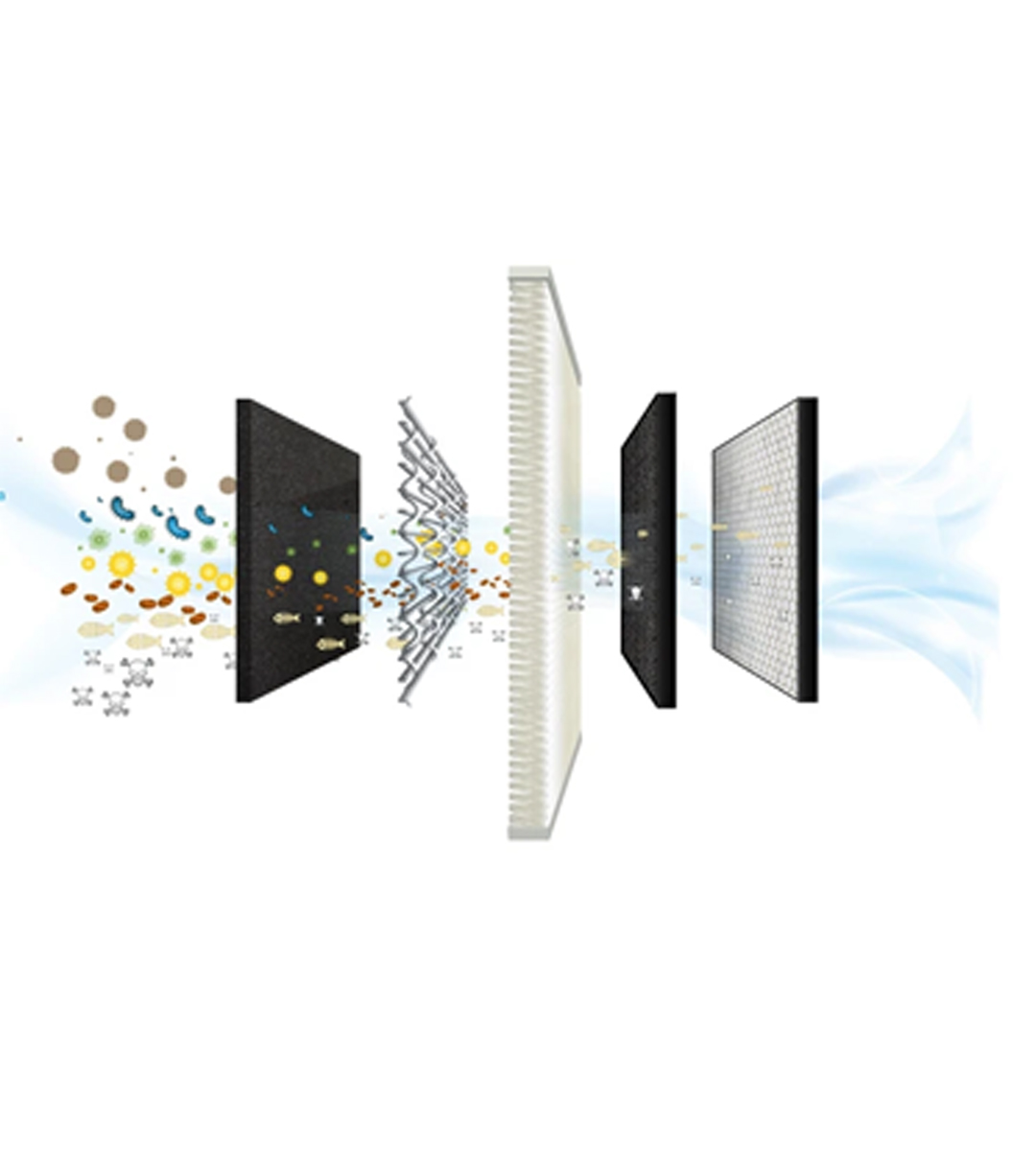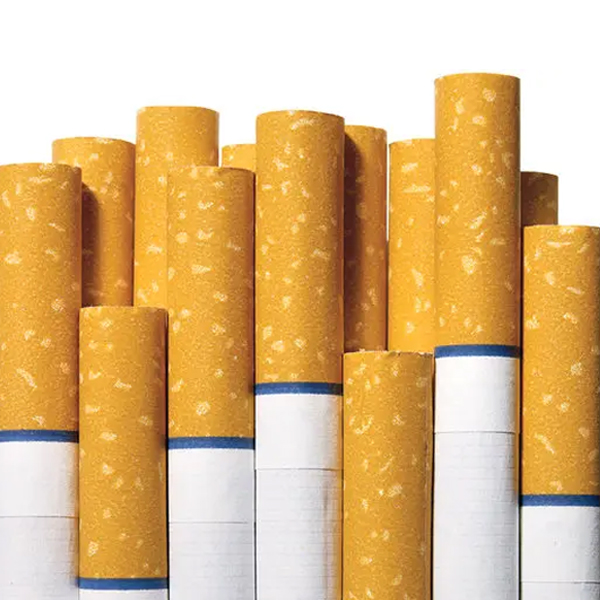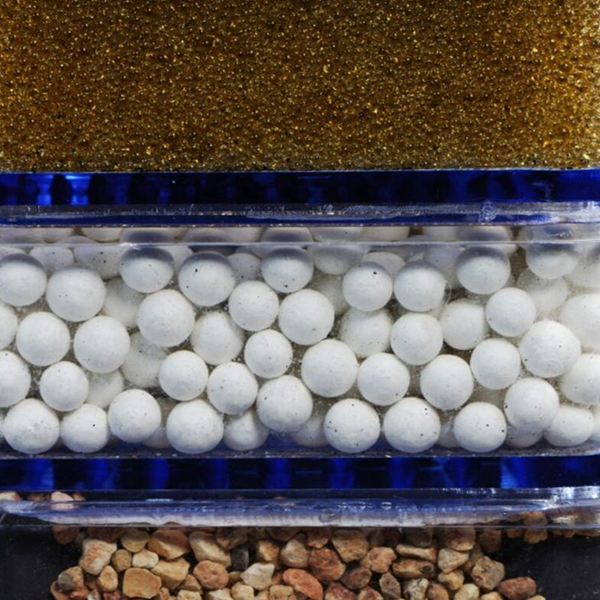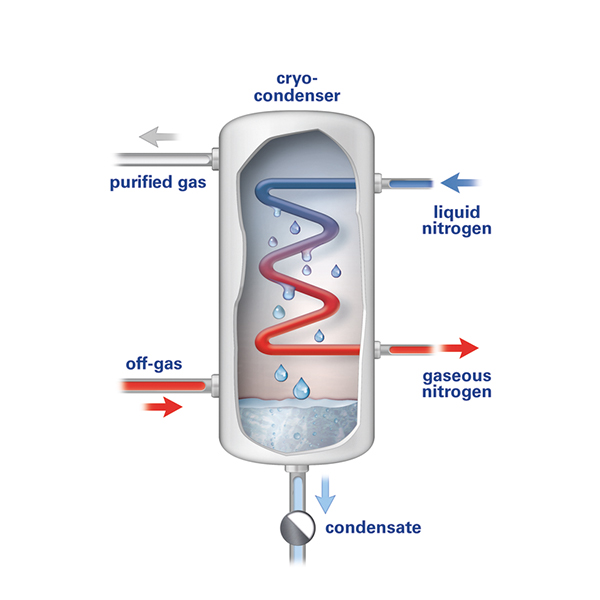Areas of Applications
Indcarb offers a complete range of standard, washed, impregnated grades of activated carbon along with extruded and powder form of carbon used for a wide range of applications including Water Treatment, Air purification, Gold Recovery, Food & Beverage Industry and specialty applications including cigarette filters, cabin air filter and solvent recovery. Indcarb products meet the highest standard in their respective application in removing pollutants, contaminants and other impurities from water, air, beverages etc.
Activated carbon is an efficient and cost-effective solution for removing a wide range of contaminants from industrial and municipal wastewater, contaminated ground and groundwater.
Learn moreWater & Waste Water treatment
Indcarb offers a highly microporous coconut shell based activated carbons with intrinsic hardness and excellent attrition resistance for gold recovery application, manufactured with very low platelet content and nil dust
Learn moreGold Recovery
Activated carbon plays an integral role in purifying indoor air quality and also outdoors with gas masks, filters etc. Air filtration applications require activated carbon grades featuring excellent hardness characteristics and high retentivity.
Learn moreAir & Gas
Cigarette smoke contains a number of compounds identified as irritants and possibly toxic chemicals to humans. In order to reduce the intake of toxic gases while smoking cigarettes, filters made up of cellulose acetate is used worldwide.
Learn moreCigarette Filters
Indcarb offers industry-leading activated carbon products for a wide range of oil and gas industry. Activated Carbon is used for the recovery of economically valuable products like gasoline vapours, benzene and solvents at petroleum refineries
Learn moreOil & Gas
Indcarb food grade activated carbon product offers the best solution for removal of undesired odour and taste of beverages including beer, beverages and edible oil.
Learn moreOther Applications
Our clients






STEAM ACTIVATED CARBON FROM
COCONUT SHELL
Coconut Shell based Activated Carbon
Coconut shell carbons tend to have much higher pore volume in the micro-porous region and a slightly lower pore volume in the macro-porous region. This is because coconut char is less amorphous (harder, more crystalline-like) than coal. The result is that coconut-based carbons adsorb smaller organic molecules such as Chloroform & other Trihalomethanes (THMs), Trichloroethylene (TCE), Carbon Tetrachloride and MTBE (Methyl Tertiary Butyl Ether) while coal-based carbons more effectively remove larger molecules such as colour-producing compounds (tannins & humics). The predominance of micropores in coconut shell carbon gives it tight structure, provides good mechanical strength & hardness and enables high resistance to attrition or wearing away by friction.
In addition, because of the high energy of adsorption of the coconut-based carbon’s micropores, once the smaller organic molecules are adsorbed, they’re very tightly retained. Therefore, coconut shell carbons in general have a higher retentivity for these types of contaminants than do other types of carbons. For these reasons, coconut shell carbons are often selected for drinking water treatment where contamination is attributed to organic solvents or disinfection by-products such as THMs. Another advantage of coconut shell carbon is that it’s typically harder and attrition resistant than coal, lignite and peat-based carbons. This can be important in applications where attrition, carbon breakage and dust cannot be tolerated, like gold refining, gas masks and ultrapure water treatment applications.
INDCARB products are made from selected shells of coconut to ensure the highest quality during
manufacturing process.
Process and Production Stages
Activated carbon is produced from coconut shells (other common raw material sources are wood, lignite, saw dust, peat, coal, petroleum residues etc. by a two-step process.
The First step in activation is to carbonize the shells to drive out about two thirds of the volatiles out of the shells creating carbonaceous mass which contains minimum 75% fixed carbon.
This carbonized base material in the second stage is activated at high temperature (850 – 900 degree) in presence of steam.
The charring process (making of charcoal) is known as the pyrolysis, which is chemical decomposition of the shell by heating in the absence of oxygen.
During the carbonization of coconut shells, volatiles amounting to 2/3rd of the mass of coconut shells on dry weight basis are released, yielding 1/3rd of the coconut shell mass of charcoal.
Carbon is then activated by a carefully controlled oxidation process in presence of steam. This results in high degree of porosity and over a broad range of pore sizes with good hardness. The specific structure of carbon gives a very large surface area which allows the carbon to adsorb a wide range of compounds. Entire activation process is without any chemical additives & fugitive emissions
INDCARB production facility in India has the capability to carefully control particle size distribution, adsorption capacity and other critical carbon properties as required by our customers.
Salient Features
Higher ADSORPTION & HARDNESS
Sizes Available
4 mesh – 325 mesh (Standard USS mesh)
We Are Indcarb
We have been transforming the ideas and visions into reality

